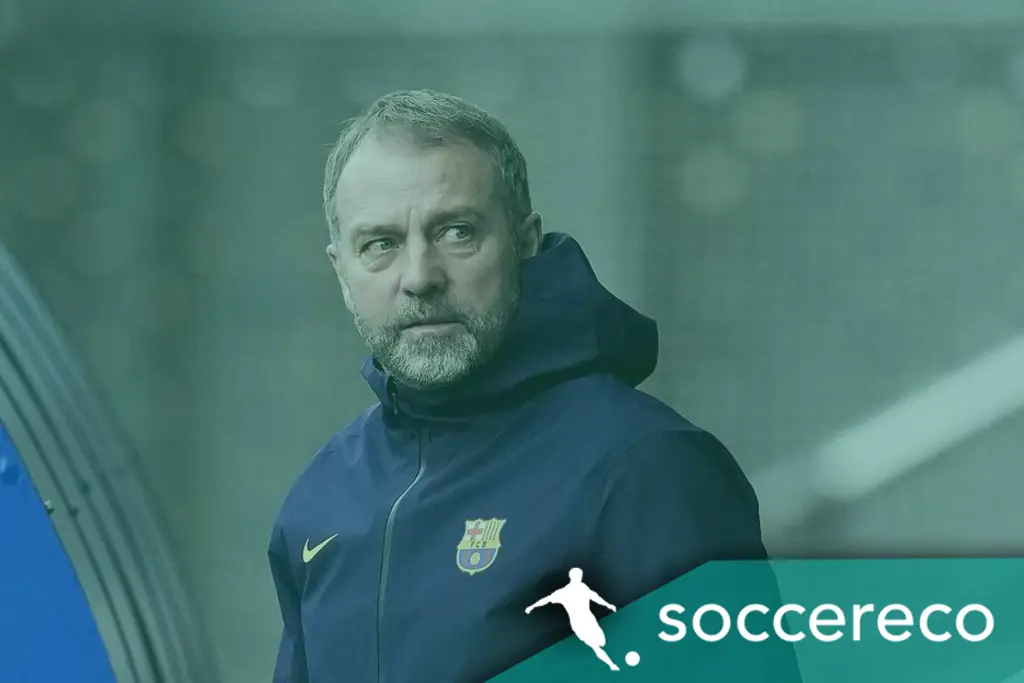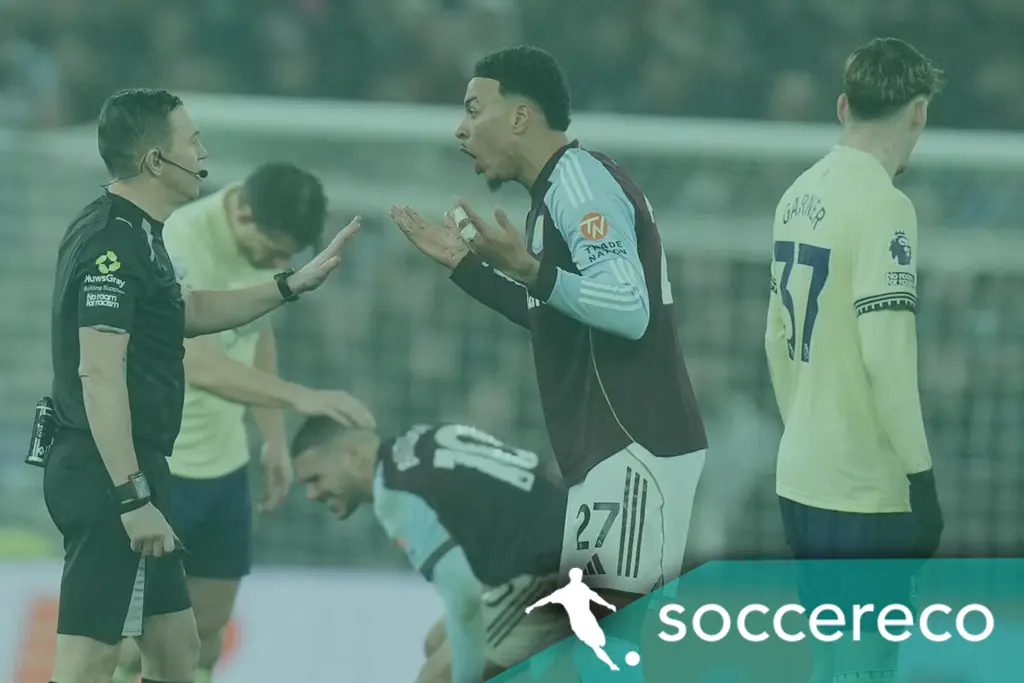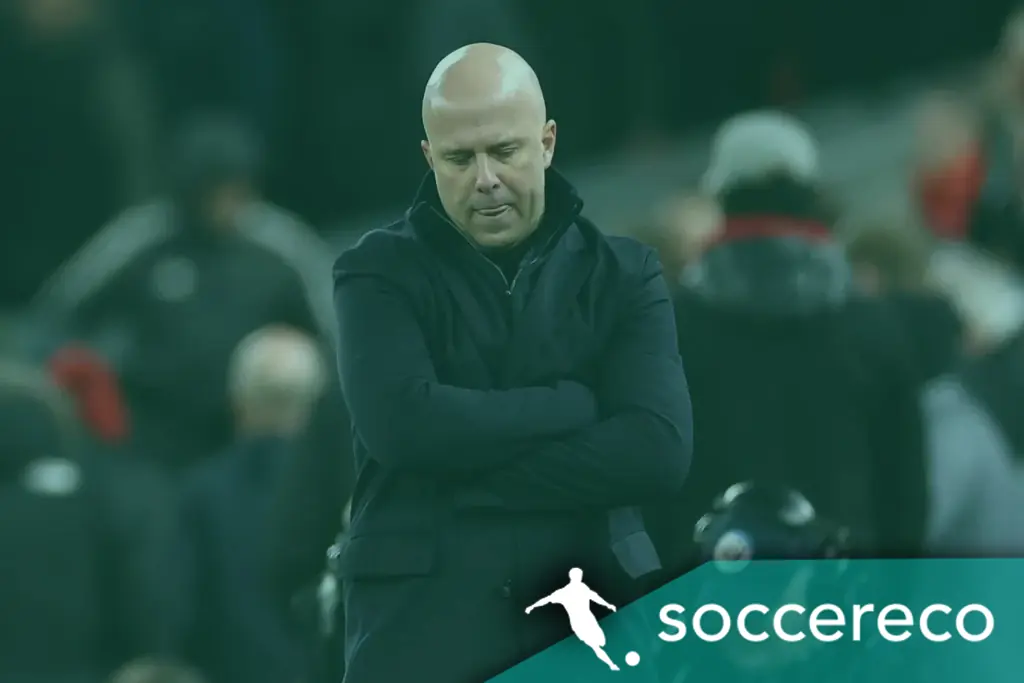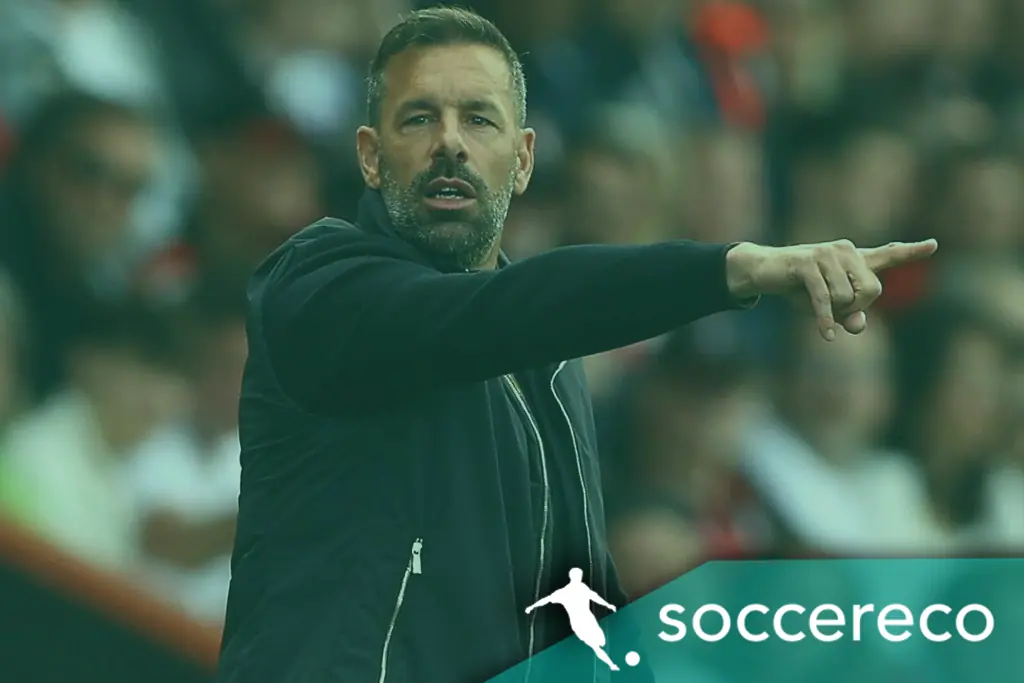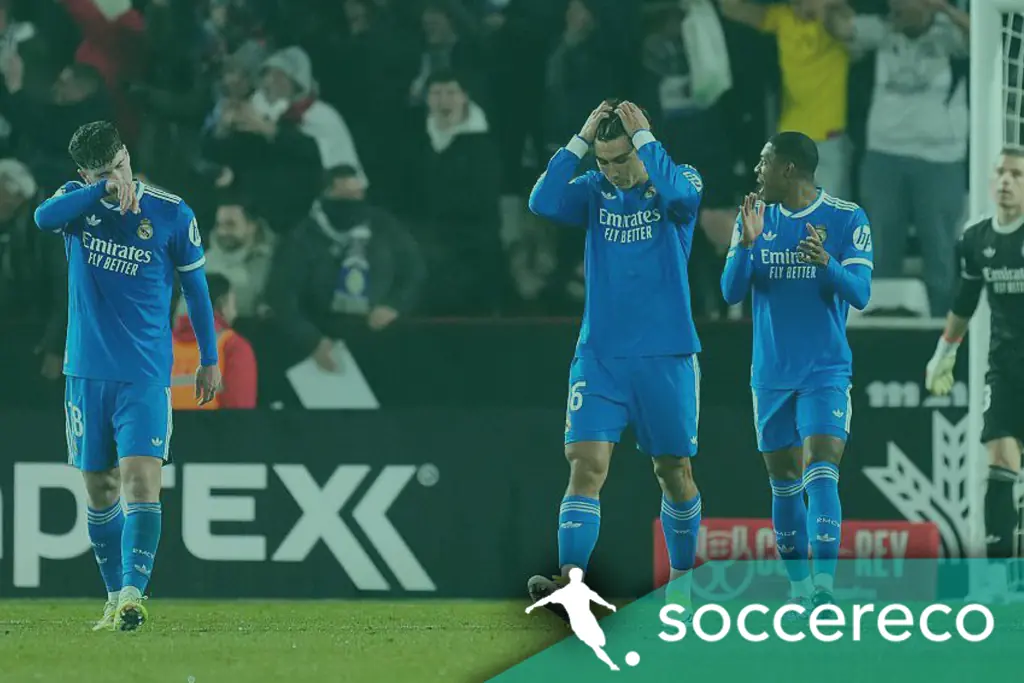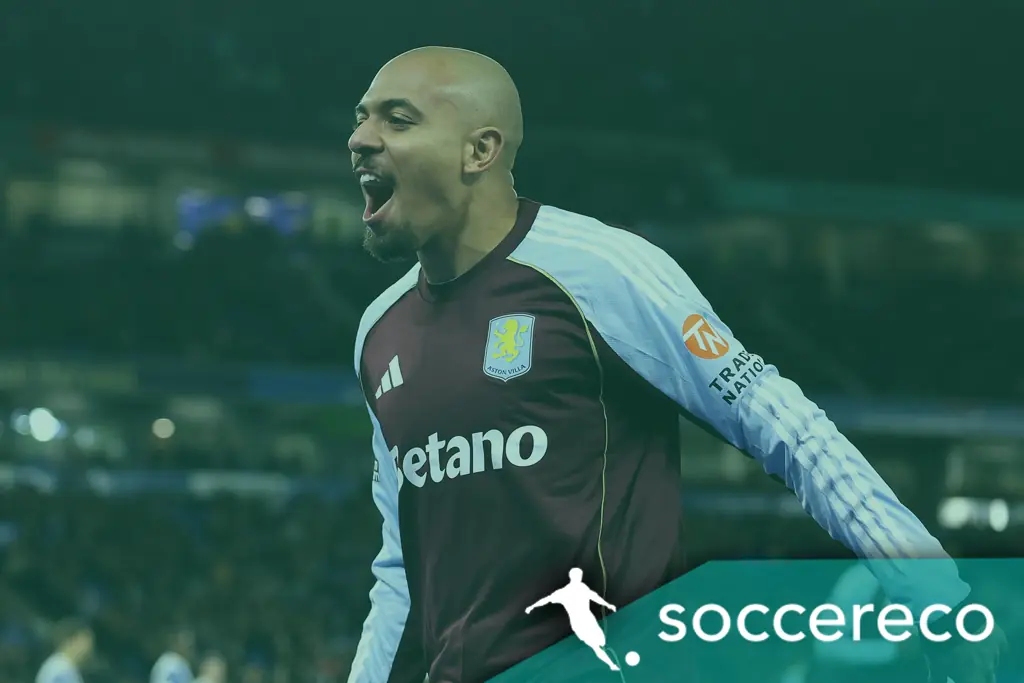Sean Dyche was sacked by Everton on Thursday. The Liverpool-based club is searching for a new manager in its fight to secure Premier League survival.
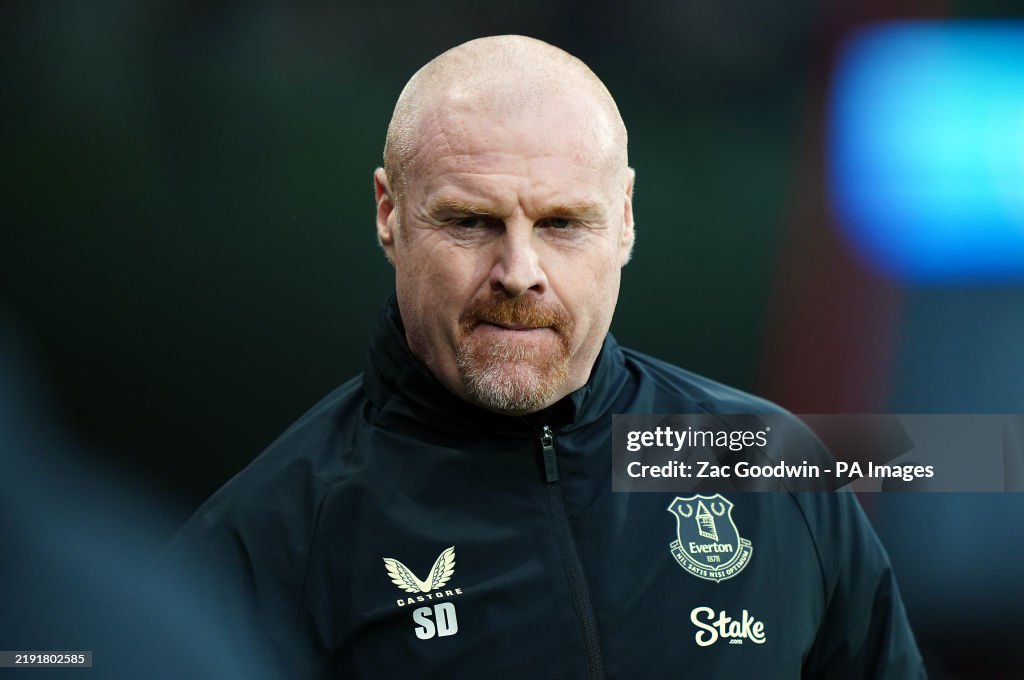
Everton Football Club, a cornerstone of English football with a storied history stretching back to 1878, finds itself in a precarious position as the Premier League season reaches its critical juncture.
Recent results for the club, affectionately nicknamed "The Toffees," have been alarmingly poor, winning just one of their last eleven official matches. This dismal run of form has left the team teetering just one point above the relegation zone, a position that threatens their proud 69-year tenure in the top flight.
The club’s struggles have now culminated in the sacking of manager Sean Dyche, nearly two years after he was brought in to stabilize the team. Dyche, known for his no-nonsense approach and ability to work with limited resources, was seen as the man to guide Everton through difficult times. However, under his leadership, the team has failed to show the consistency or resilience needed to secure their Premier League status, prompting the club’s new ownership to act decisively.
Everton’s plight is not only a footballing crisis but also a deeply emotional one for its devoted fanbase. The club has been a constant presence in the top tier since 1954, making them one of the longest-serving members of the English football elite. Only Arsenal boasts a longer unbroken run in the top division. For Evertonians, the thought of relegation is almost unthinkable, as it would not only end decades of tradition but also cast a long shadow over the club’s ambitious plans for the future.
Thursday evening’s FA Cup tie against Peterborough United offers a brief respite from league woes, but it’s unlikely to ease the growing tension. Stepping in as interim managers for the game are club legend Leighton Baines, now the coach of Everton’s Under-18 team, and current first-team captain Seamus Coleman. Baines, a player celebrated for his loyalty and technical skill during his playing days, remains a beloved figure among fans. His presence on the touchline, alongside the ever-reliable Coleman, may provide a much-needed morale boost. Still, the FA Cup is not the club’s priority. Survival in the Premier League remains the ultimate goal, as the stakes have never been higher.
Adding to the urgency is the club's impending move to a state-of-the-art stadium located in Liverpool's docklands. The new arena, set to replace the iconic but aging Goodison Park, represents a bold step into the future for Everton. Goodison, with its intimate atmosphere and rich history, has been the stage for countless memorable moments, and its departure will mark the end of an era. However, the shine of the new stadium could be dulled significantly if Everton finds itself playing Championship football next season. The financial repercussions of relegation, coupled with the costs of the new stadium project, could plunge the club into deeper turmoil.
Everton’s financial state is already precarious, with years of mismanagement and heavy spending yielding little success on the pitch. A drop to the Championship would almost certainly result in reduced revenues, potential player departures, and a tarnished reputation. The new ownership group, which recently took control of the club, is acutely aware of these challenges and has reportedly already begun the search for a new manager. Names like Graham Potter, who earned plaudits for his work at Brighton, and Marcelo Bielsa, the fiery Argentine tactician, are being floated as potential candidates. Whoever takes the reins will face an uphill battle to restore confidence, galvanize the squad, and steer Everton clear of the relegation trapdoor.
The emotional toll of the club’s struggles is palpable among its fanbase. Everton supporters are known for their unwavering loyalty, filling Goodison Park week after week despite the team’s poor performances. For them, the thought of losing their Premier League status is more than just a sporting failure; it’s a blow to the community and the identity of a club that prides itself on its history and resilience. Relegation would also bring an end to high-profile Merseyside derbies with Liverpool, matches that have defined the footballing calendar for generations.
As the season hurtles toward its conclusion, Everton faces a series of must-win games that will determine its fate. The fight for survival will require unity, determination, and a clear vision from both players and management. For a club that has stood as a symbol of stability and tradition in English football, the road ahead will be fraught with challenges. But with their new stadium on the horizon and a fanbase that refuses to give up, Everton may yet find a way to defy the odds and secure their place in the Premier League for another season. The next few weeks will not only decide their future in the top flight but also shape the trajectory of a club at a critical crossroads.
Updated: 04:59, 9 Jan 2025


